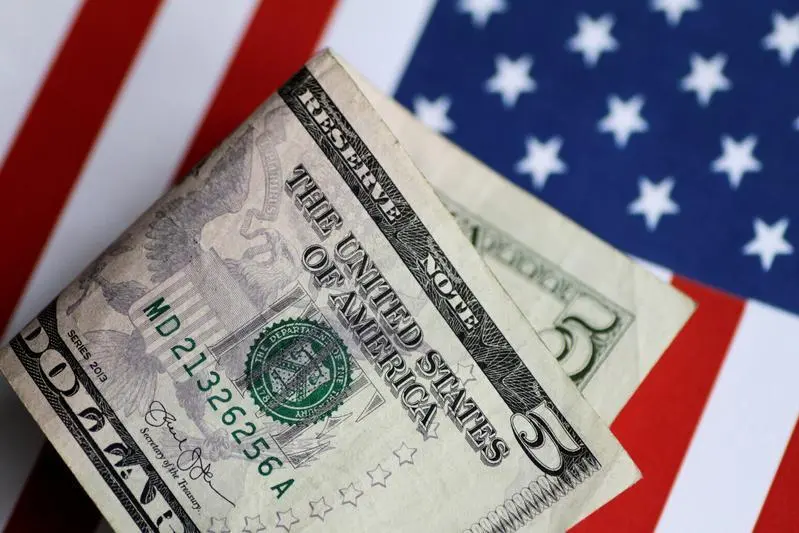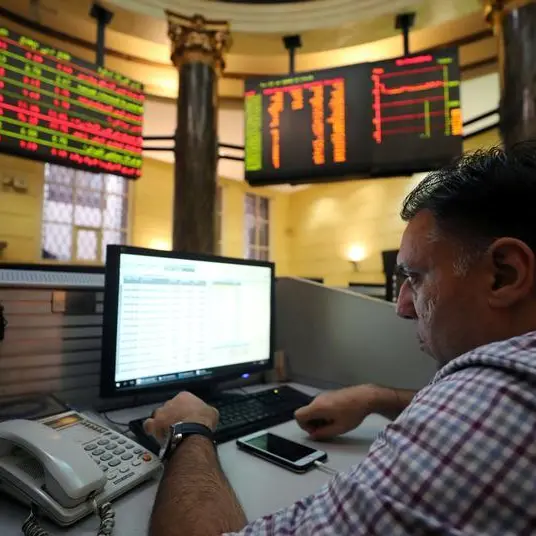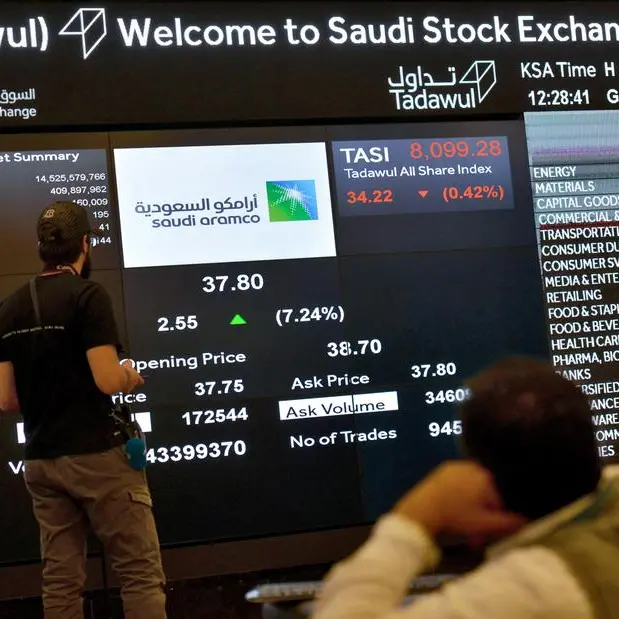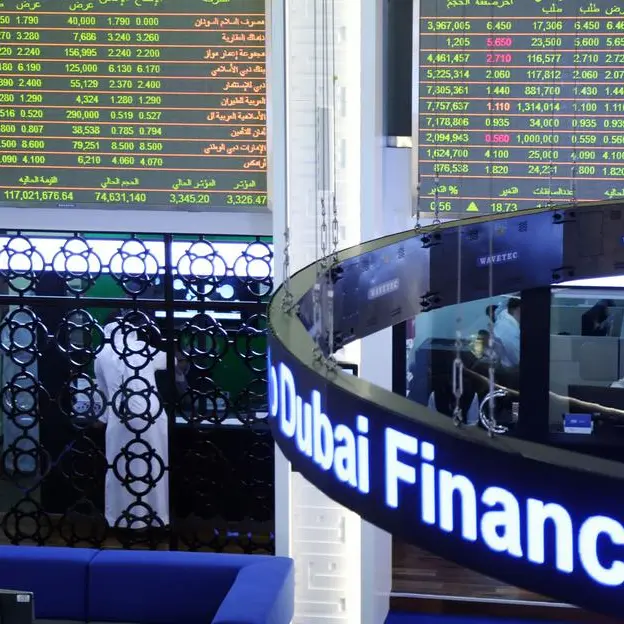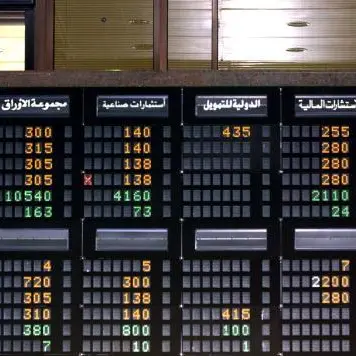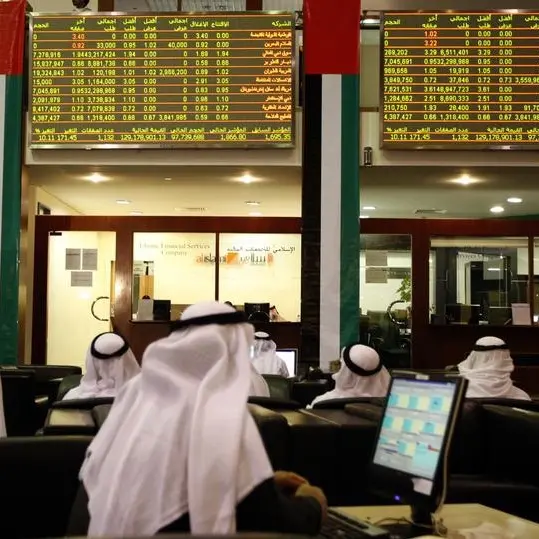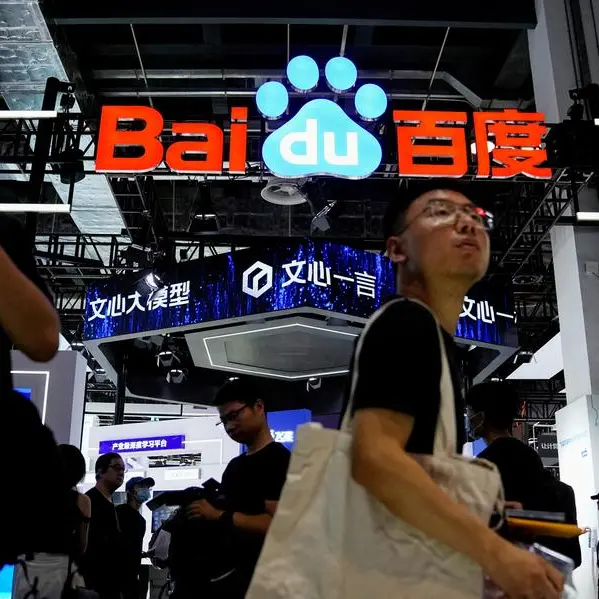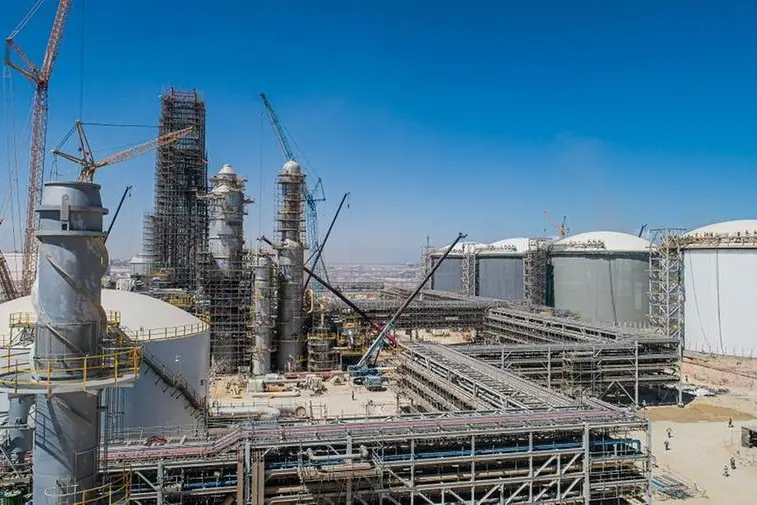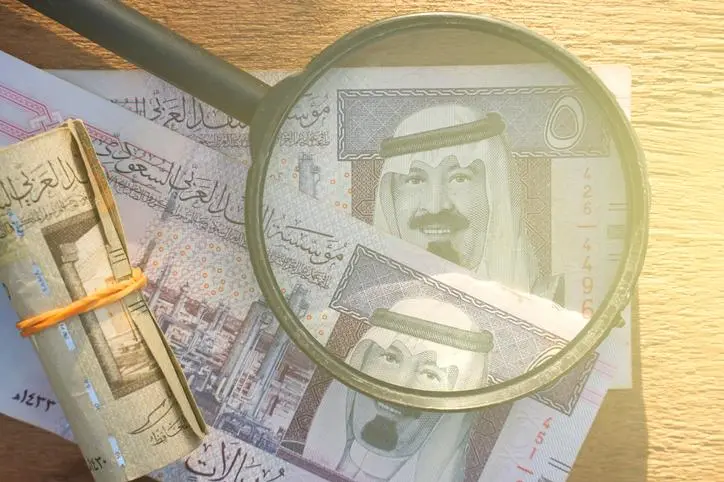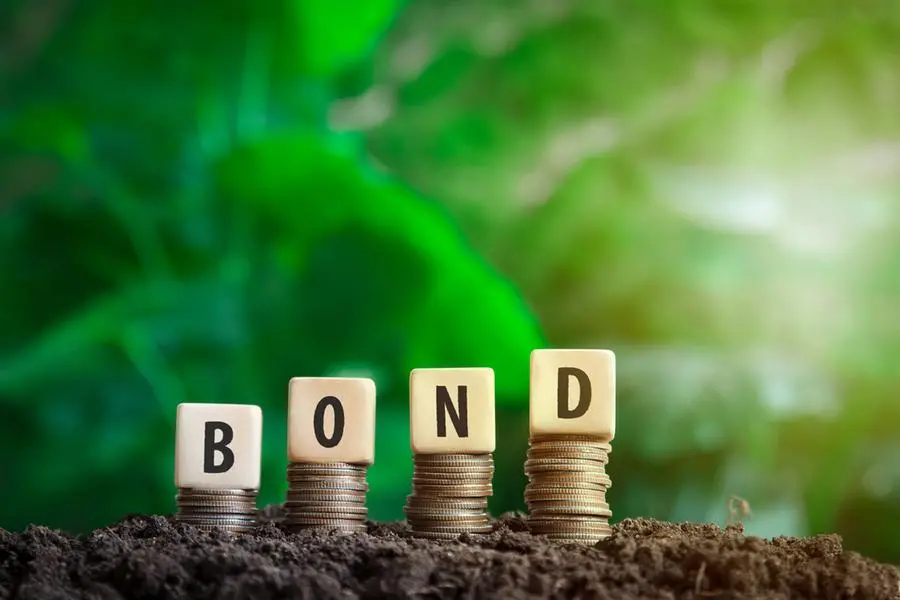PHOTO
Hedge funds BlueBay and Phoenix were turning their attentions to crude oil, U.S. Treasuries and U.S. banks on Wednesday, after Donald Trump was elected president.
Trump's victory gives him a clear mandate to implement his policy agenda, which includes plans to cut U.S. corporate taxes, said Russel Matthews, lead portfolio manager of BlueBay's macro hedge fund in London, part of the $468 billion asset manager RBC Global Asset Management.
A so-called macro hedge fund uses financial instruments to make bets on the economic health of a country.
As U.S. Treasury yields climbed to four-month highs in the wake of the election result, Matthews said he had seen "glimmers of bond vigilantism being back," in a reference to investors dumping or shorting government debt over worries about higher borrowing. A short bet expects asset values to decline.
U.S. Treasury prices fell sharply on Wednesday as yields rose - 30-year yields hit a roughly six-month high of 4.68% .
"Irresponsible fiscal policies and growing debt piles - there is a point at which the market just starts to revolt against that," said Matthews.
BlueBay's hedge fund strategy as of Wednesday, was short 30-year U.S. Treasuries and long 10-year German Bunds , he said, adding the firm was long the dollar and short the euro and pound .
The dollar was up almost 2% against a basket of currencies, and on track for its biggest one-day jump in four years.
A steeper bond yield curve might aid undervalued finance firms like Citigroup, said Matein Khalid, chief investment officer of family office Phoenix Holdings in Dubai.
Banks will likely benefit from easier financial regulations on capital, risk management, asset management and mergers and acquisitions which have been floated as possible Trump policies, Khalid added.
Trump's support of the oil industry, including easing environmental regulations, could result in lower crude oil prices.
"Trump has said he will 'drill, drill, drill,' which will increase U.S. supply," said Sam Berridge, a portfolio manager at the Strategic Natural Resources Fund, a part of the larger A$7 billion ($4.61 billion) Perennial Value Management, in Perth, Australia.
"A balancing factor may be a more aggressive stance on Iran oil exports should the U.S. impose stiffer sanctions. This would be supportive for oil prices but it's difficult to say by how much as most of Iran's oil exports go to China," he said.
(Reporting by Nell Mackenzie; Editing by Dhara Ranasinghe and Elaine Hardcastle)
